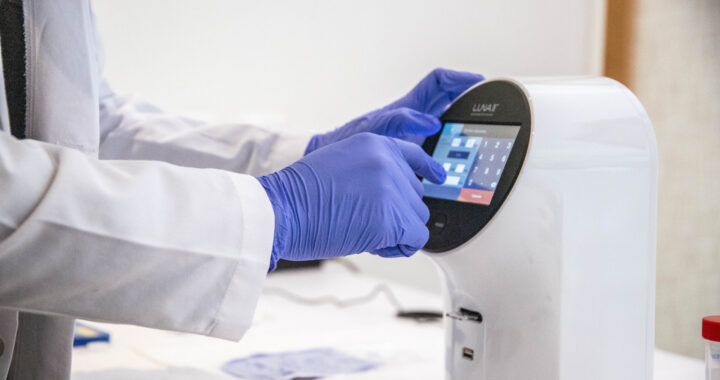Tabla de contenido
Are you searching for innovative solutions to chronic health issues? If so, stem cell treatments in Mexico might be the answer you’ve been looking for. As medical advancements accelerate, more patients are exploring these promising therapies south of the border.
With a growing number of clinics offering cutting-edge procedures at competitive prices, Mexico has emerged as a hub for regenerative medicine.
Whether you’re considering this treatment option or simply curious about its potential benefits, let’s delve deeper into what makes Mexico an attractive destination for stem cell therapy seekers.
Guide to Exploring Stem Cell Treatments in Mexico
Mexico has become a popular destination for patients seeking innovative stem cell therapies. With advanced medical technologies and experienced professionals, the country offers a range of treatment options. This guide will help you navigate the key factors to consider when exploring stem cell treatments in Mexico.

Accessibility of Stem Cell Treatments
Many clinics in Mexico offer a range of stem cell procedures tailored to various health conditions, including treatments for autoimmune diseases, orthopedic problems, and neurological disorders. The availability of specialized care enables patients to find therapies that meet their specific medical needs.
Ensuring Safety and Quality
Safety is a critical concern when pursuing medical treatments abroad. Reputable Mexican clinics comply with international standards and regulations to ensure patient well-being. Before selecting a facility, verify certifications from recognized health organizations. Additionally, reading authentic patient reviews can offer valuable insights into the quality of care and outcomes.

Cost Advantages
One of the main reasons patients choose stem cell treatments in Mexico is the affordability. Prices for these therapies tend to be significantly lower than in the United States or Canada, often without sacrificing quality. This cost-effectiveness makes stem cell treatments accessible to a broader range of individuals facing high healthcare costs at home.
The Consultation Process
A thorough initial consultation is essential. During this phase, medical professionals should discuss potential outcomes, risks, and the specifics of the treatment options available. Transparency builds trust and helps set realistic expectations for the entire treatment journey.

Planning Your Travel and Recovery
When considering stem cell treatments in Mexico, travel logistics are an important part of the process. Plan for accommodation, transportation, and sufficient recovery time after procedures. Clinics may be located in various cities, so organizing these details in advance will help ensure a smooth experience.

Stem Cell Therapy Cost in Mexico
The cost of stem cell therapy in Mexico generally ranges between USD 1,500 and 30,000, depending on the type of treatment, medical condition, and clinic reputation.
- Orthopedic treatments like joint therapy or arthritis, prices typically range from USD 1,500 to 10,000 per session.
- Neurological or autoimmune condition treatments can cost between USD 7,000 and 20,000.
- Treatments such as stem cell therapy for diabetes average around USD 4,200 to 5,500.
- High-end or complex therapies, including neural stem cell therapy, may cost between USD 12,000 and 30,000.
Compared to the United States, where similar therapies often cost between USD 20,000 and USD 50,000 or more, Mexican clinics offer significant cost savings, often 50% to 75% lower, while maintaining quality standards.
Additional cost benefits arise from included services like airport transfers, travel expenses, and lodging.
FAQ | Stem Cell Treatments in Mexico
Am I a candidate for stem cell therapy?
You are generally eligible if you have a pre-approved illness or condition where stem cells have demonstrated clinical benefits. A medical assessment will determine your suitability.
What types of conditions can be treated with stem cell therapy?
Common treatments address joint pain, arthritis, tendonitis, autoimmune disorders, neurological conditions, pulmonary, immunological, and endocrine diseases.
Are stem cell treatments in Mexico safe and legal?
Reputable clinics are licensed under Mexican health authorities (like COFEPRIS), adhere to international standards (ISO classifications), and emphasize ethical sourcing and handling of cells. The medical teams are experienced in regenerative medicine.
